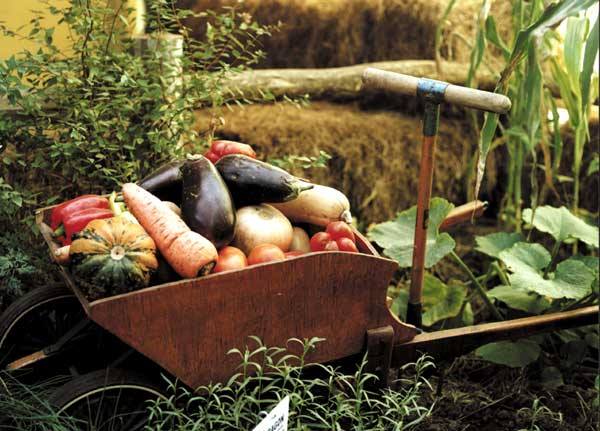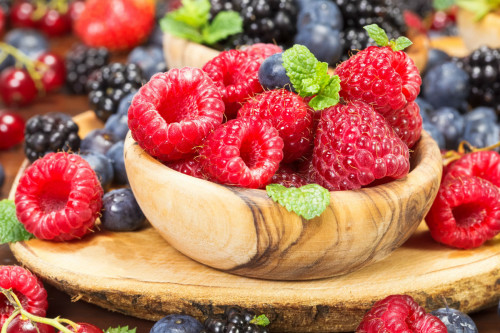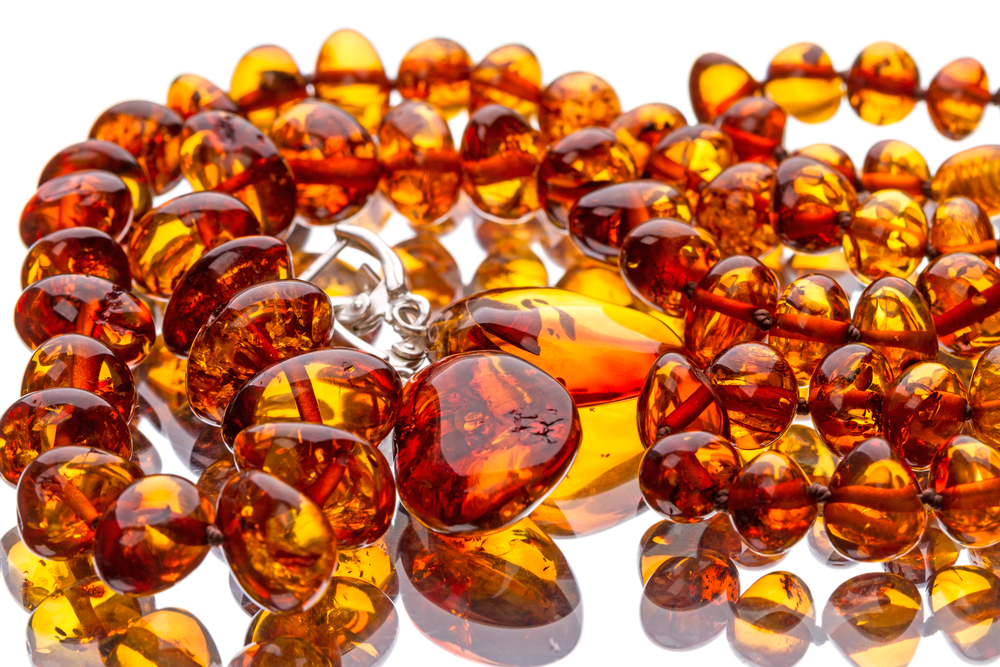
Life can move at a fast pace – we work long hours, some work environments can be stressful, but what keeps us going is that we think we will be okay in the long run. At the expense of all this, we don’t always leave ourselves enough time to look after our health.
You might be surprised to know that cancer cells coexist with immune cells all the time, which if all “cell-cycle check points” are regulated, it leads to dead (apoptosis) cancer cells. Cancer, depending on its type, can develop over decades, or it can be aggressive and happen much more quickly.
Cancer is not a single disease, but many with related features, and the treatment is extremely complex and not always successful. The best option is prevention – so what can we do to prevent development of cancer or minimize its risk?
- Reduce inflammation
Many cancers arise from sites of infection, chronic irritation and inflammation. Fresh pineapple for instance is a good source of enzymes to reduce blood clotting (fibrinogen activity). Platelets (cells that help blood clot) and blood coagulation provide protection to the immune system and address inflammation.
- Diet

Eat organic if you can and grow at least some of your vegetables and fruits
Some processed foods contain a variety of possible carcinogens. It is also packed with calories and low in nutrients. A diet that is high in soluble and insoluble fibre, zinc, selenium and folic acid is of particular significance in the prevention of cancer. Yet, from my clinical experience, 90% of my patients were low on at least one of these nutrients. Consumption of alcohol, soft drinks, coffee and meat (omega 6) should also be kept to a minimum.
- Super Foods
There are some foods and drinks, which some of us may take for granted such as a high quality green tea, turmeric, fish oil, and luteolin (found in cooked tomatoes). These are all very powerful protectors. Turmeric, if used properly as a supplement and in cooking, covers more cancer pathways than all cancer drugs combined all together.

4. Avoid Glucose

Sugar and glucose feeds cancer. Normal cells primarily metabolize glucose for growth and survival followed by oxygen. Cancer cells convert most glucose to lactate regardless of the availability of oxygen to accelerate cell growth. Minimizing use of simple sugar, which is in most food may seem like an initial challenge but it can be achieved. You may choose substitute sugar like Stevia powder or Xylitol. Aspartame (sucralose) is harmful.
- Minimise free radical damage

Deep fried and processed food contains free radicals
Tumour growth is fueled by mitochondrial oxidative stress. One of the ways to check your body for oxidation is to do live blood microscopy, where you can see your live blood cells and how free radical damage affects. There is plenty of antioxidants in our real food, which we often tend to forget. Fresh berries and other fruit and vegetables have an armory of nutrients to deprive cancer of energy.
- Radiation
Radiation can be due to excessive sun exposure, X-rays, solar beds, or nuclear radiation (like Chernobyl in Ukraine or Fukushima in Japan). Radiation causes damage to DNA thus facilitating mutation in DNA repair, and genes affecting cell growth. The loss of the regulation of genes ultimately allows invasive cancer cells.
- Avoid chemical exposure
Chemical exposure and viruses can also cause DNA damage. There may be chemical hazards in your home and garden, such as weed killer for example.
- Oxidation
We may take oxygen for granted, but a sedentary life style, smoking, and air pollution can reduce our oxygen. Poor cell oxygenation may also increase by potent nutritional supplements like Vitamin C, D resveratrol, curcumin and many others. Regular exercise like walking, jogging, cycling, swimming or a gym regime has many health benefits.
- Alkalise your body

Raw food is alkalising
There are cancers that are alkaline, while others are acidic. In many tumor types, low pH stimulates invasion and cancer growth (metastasis). It is mandatory to regulate your acidity to maintain health and prevent chronic or degenerative diseases. Normal body detoxification depends on correct body pH. Correct pH can be achieved with alkaline diet or regulated by an alkaline supplementation.
- Avoid or minimize stress

What would motivate you to take care of your health?
Stress is a contributing factor to many diseases but cancer in particular. Stressful life events can affect cancer growth by modulating nervous, endocrine (hormonal) and immune system. Stress, anxiety and depression can cause complex physiological and hormonal changes which may contribute to cancer gene expression. For instance the “feeling good” neurotransmitter dopamine retards tumour growth by inhibiting angiogenesis (generation of new blood vessels, disturbing blood flow to cancer).
- Maintain a strong immune system
Cancer tends to thrive in a weak immune system, so maintaining healthy immunity is a must, whether with a wholesome diet and /or supplements. People are constantly exposed to bacterial, viral or other pathogens, and a robust immune system has the capacity to fight these invasions. A strong immune system however needs specific nutrients. Natural medicine has a wide range of supplements and superfoods to address these challenges.
About the Author
 Danuta Hulajko is a holistic practitioner, international speaker, founder of the DH Natural Medicine Clinic and www.healingremedies.com.au , Sydney. She specialises in anti-aging, autoimmunity, digestive disorders and heavy metals chelation. For more information please go to our website. You can follow Danuta Hulajko work, events, seminars, expos, latest health research, her health tips and advice on Facebook and LinkedIn
Danuta Hulajko is a holistic practitioner, international speaker, founder of the DH Natural Medicine Clinic and www.healingremedies.com.au , Sydney. She specialises in anti-aging, autoimmunity, digestive disorders and heavy metals chelation. For more information please go to our website. You can follow Danuta Hulajko work, events, seminars, expos, latest health research, her health tips and advice on Facebook and LinkedIn

